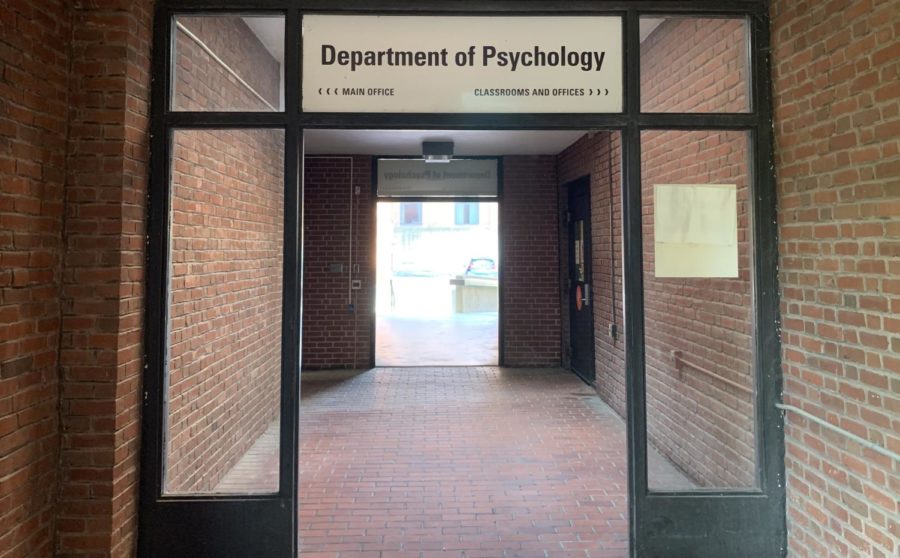Research shows quizzes likely to improve academic standings
Jason C.K. Chan, associate professor of psychology and director of the cognitive psychology graduate program, gave his input on the loci method and how students can utilize it for studying.
September 23, 2020
The Iowa State research team conducted a meta-analysis on quizzes utilized in higher education. Research found quizzes can improve students’ understanding of coursework.
Marcus Credé, associate professor in psychology, was in a faculty meeting over a year ago when a senior faculty member encouraged professors to assign their students quizzes. Credé said he was skeptical and sought to dig deeper into research that correlated students’ quiz grades with their success in a course.
Lukas Sotola, a third-year graduate student in psychology, assisted Credé throughout the entirety of the research project, which began at the beginning of 2019.
“[Sotola] ended up doing a lot of the work himself, which is why he’s listed first in the paper,” Credé said.
Rather than conducting their own experiment, the pair took it upon themselves to search for previously recorded experiments and gather that data together through statistical analysis.
In their abstract, “Regarding Class Quizzes: a Meta-analytic Synthesis of Studies on the Relationship Between Frequent Low-Stakes Testing and Class Performance,” they wrote that they “found that the use of quizzes is associated with a large increase in the odds of passing a class.”
Their total sample size was 8,000, and the research consisted of 52 studies. There was no funding for the project.
“I’ve generally found that funding in psychology is incredibly difficult to get a hold of, and it takes so long to even go through the process,” Credé said. “Sometimes it’s better to go through the process yourself rather than wait for funding.”
The main result found from the meta-analysis was that quizzes appear to be effective and raise the average performance in classes. The second finding was that the classes that have quizzes have a lower failure rate.
“[Quizzes] seem to benefit students who struggle in a class the most, which makes sense,” Credé said. “You’re getting immediate feedback on whether you really understand material covered in class that day or that week.”
Credé plans on implementing quizzes in the undergraduate course he teaches during spring semesters.
While Credé said he was surprised by their findings, Sotola said he expected quizzes to be effective classroom tools to facilitate learning and comprehension.
“There’s a lot of research in cognitive psychology showing that testing people on stuff and making them recall something improves memory of that information,” Sotola said. “That gave me good reason to believe that quizzes would be effective. … When I had exams to study for, it was always quizzing myself on something that made me feel like I had a handle on it.”
Sotola started research projects while pursuing his undergraduate degree, continued research through his master’s degree and now, his doctorate degree. He has spent his time at Iowa State conducting research with Credé.
“I was enamored with the whole [research] process,” Sotola said. “It’s interesting to be a producer of your own knowledge.”

















